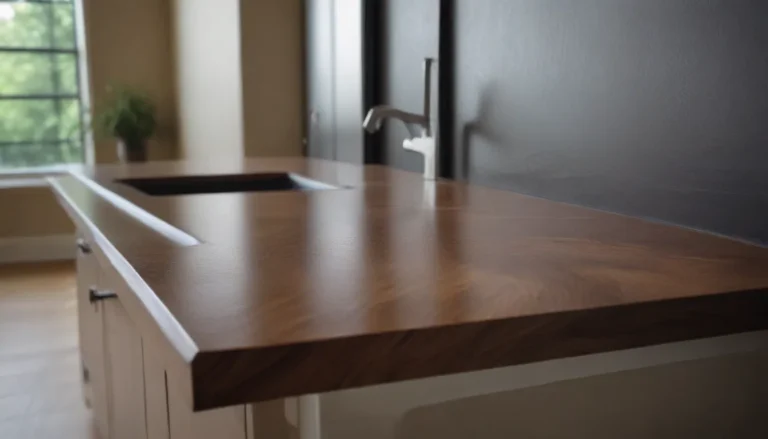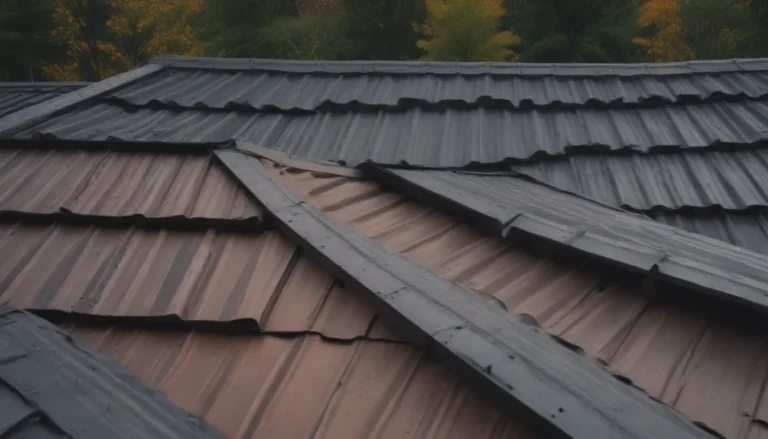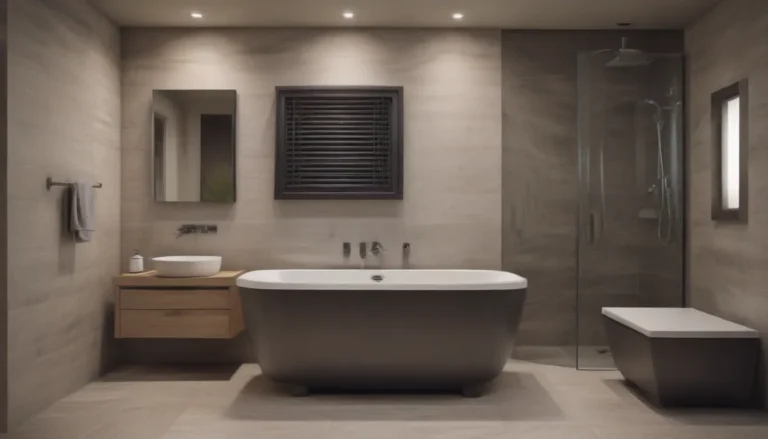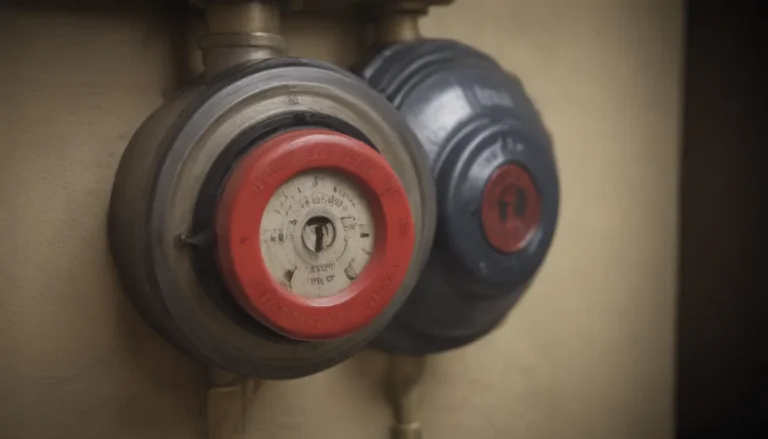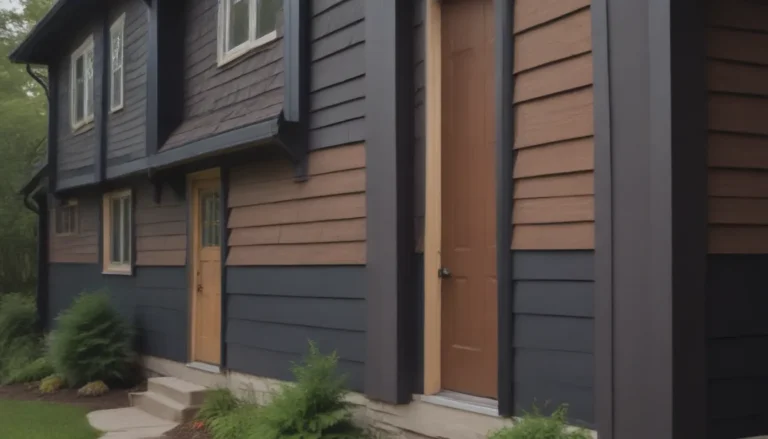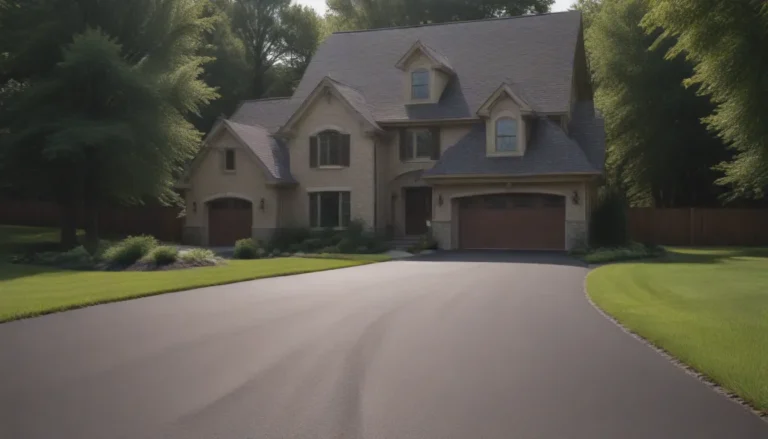The Complete Cork Flooring Guide: Pros, Cons, Costs, and More
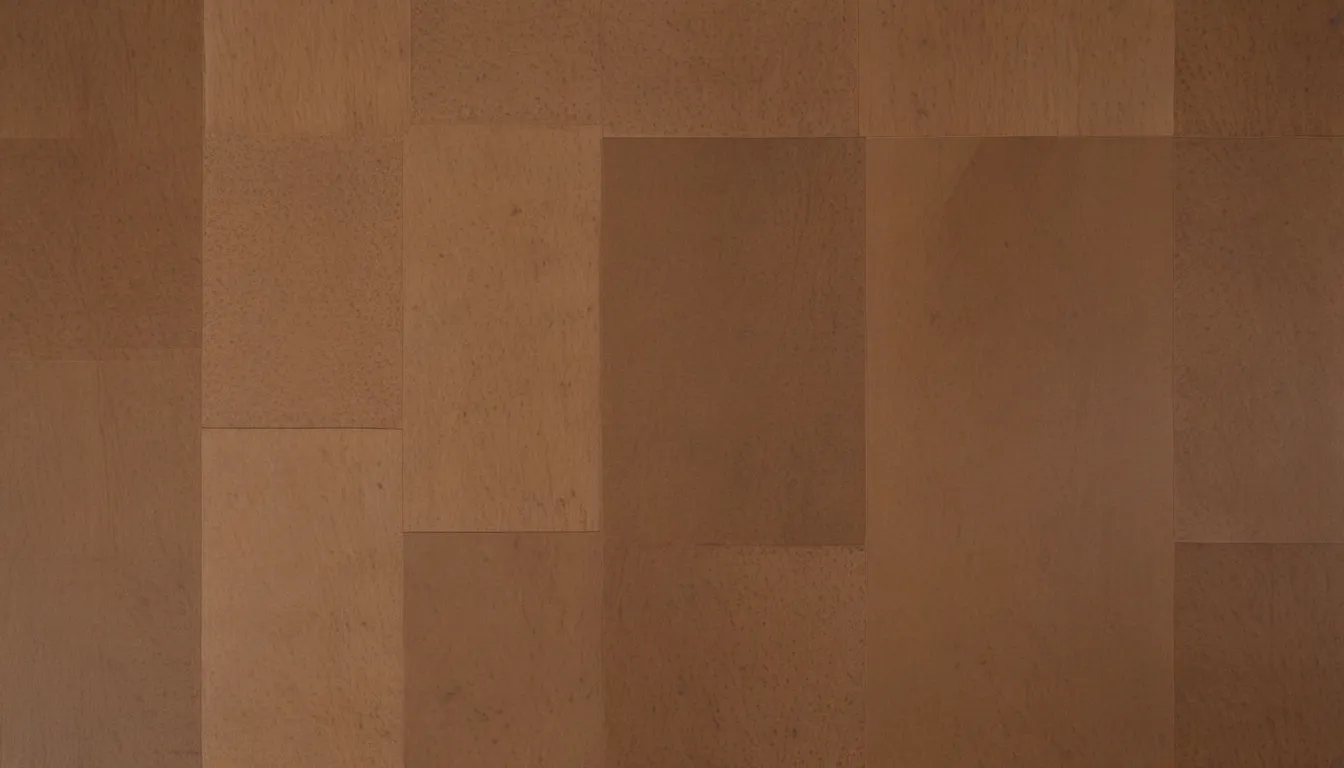
If you’re considering cork flooring for your home, you’re in the right place. Cork flooring is a fantastic option for many homeowners due to its unique qualities, but it’s essential to weigh the pros and cons before making a decision. In this comprehensive guide, we’ll explore everything you need to know about cork flooring, including its benefits, drawbacks, costs, maintenance, repair, installation, and alternatives. Let’s dive in!
What Is Cork Flooring?
Cork flooring is a natural and sustainable material derived from the bark of the cork oak tree. This renewable resource is ground up, compressed, and bonded with resins to create durable sheets for flooring. Cork flooring is known for its soft, comfortable feel underfoot and natural insect repellency.
Pros of Cork Flooring
Here are the key advantages of choosing cork flooring for your home:
- Comfort: Cork flooring provides a soft and cushioned surface, making it ideal for areas where you typically stand for long periods.
- Eco-Friendly: As a sustainable material, cork is a planet-friendly choice for environmentally conscious homeowners.
- Natural Insect Repellency: Cork naturally repels insects, making it a great option for homes prone to pests.
- Insulative Qualities: Cork flooring offers excellent thermal and acoustic insulation, contributing to energy efficiency and noise reduction.
- DIY Friendly: Installing cork flooring can be a straightforward DIY project, saving you money on professional installation costs.
Cons of Cork Flooring
While cork flooring has many benefits, it also comes with some drawbacks to consider:
- Poor Durability: Cork flooring is not as durable as other materials and can be susceptible to damage from high heels, furniture, and pets.
- Requires Sealing: Regular resealing is necessary to maintain the integrity of cork flooring and protect it from moisture and stains.
- Fading Tendency: Over time, cork flooring may fade in areas exposed to direct sunlight, requiring refinishing to restore its appearance.
Cork Flooring Costs
The cost of cork flooring typically ranges from $3 to $9 per square foot, depending on the quality and thickness of the material. Professional installation for cork flooring adds an additional $2 to $4 per square foot for a floating floor option. While cork flooring costs are comparable to bamboo and slightly less than hardwood, the long-term benefits may outweigh the initial investment.
Cork Flooring Maintenance
Cork flooring requires minimal maintenance when properly installed. Regular sweeping or vacuuming removes dirt and grit, while damp mopping can address spills and stains. Resealing cork flooring periodically is essential to protect it from water damage and maintain its appearance. High humidity levels can also affect cork flooring, causing warping and buckling over time.
Cork Flooring Repair
One of the advantages of cork flooring is its ability to be refinished, similar to hardwood. Surface imperfections can be sanded down, stained, and sealed to revive the flooring’s appearance. However, engineered cork flooring may not be suitable for refinishing due to its thin surface layer. Proper maintenance and timely repairs can extend the lifespan of cork flooring.
Cork Flooring Designs
Traditional cork flooring has a warm, natural look that complements informal and casual decor styles. Modern manufacturing techniques have expanded design possibilities, allowing cork floors to mimic hardwood, marble, and concrete. With the right installer, custom designs and patterns can be achieved using different colored cork tiles.
Cork Flooring Installation
Cork flooring installation is relatively simple and can be done as a DIY project. Glue-down cork flooring and laminated plank cork flooring are popular options that provide easy installation over a foam underlayment pad. Prefinished cork flooring requires additional layers of sealer post-installation to ensure durability and longevity.
Cork Flooring vs. Bamboo Flooring
For those seeking renewable flooring options, bamboo flooring is a compelling alternative to cork. While bamboo is a harder material with better scratch resistance, cork offers superior comfort and insulation properties. Both materials provide a unique aesthetic and eco-friendly choice for homeowners looking to enhance their living spaces.
Top Brands of Cork Flooring
When shopping for cork flooring, consider reputable brands like Globus Cork Flooring, WE Cork, iCork Floor, APC Cork, and Heritage Mill. Specialty flooring stores offer a wide selection of cork flooring options, ensuring you find the perfect match for your home.
Is Cork Flooring Right for You?
Cork flooring is an excellent choice for homeowners who value comfort, sustainability, and uniqueness in their flooring material. While it may develop a patina over time, cork’s warmth and affordability make it a desirable option for many households. If you’re looking for a budget-friendly and easy-to-install alternative to hardwood, cork flooring could be the perfect fit for you.
Cork Flooring Alternatives
If cork flooring isn’t the ideal choice for your project, consider these affordable and durable alternatives:
- Bamboo: A renewable flooring option with excellent scratch resistance.
- Linoleum: Resilient and easy to maintain, ideal for high-traffic areas.
- Laminate: Budget-friendly and versatile, offering various design options.
- Vinyl: Waterproof and durable, suitable for kitchens and bathrooms.
- Tile: Long-lasting and customizable, available in a wide range of styles and colors.
Expert Advice and Resources
To learn more about cork flooring and explore professional installation options, consider consulting with top-rated flooring professionals near you. Getting expert advice and quotes can help you make an informed decision and ensure a successful flooring project.
Sources:
- Gil, Luís. “Cork: A Strategic Material.” Frontiers in Chemistry, vol. 2, 2014. doi:10.3389/fchem.2014.00016.
- Zajaczkowska, Urszula. “Cork.” In Encyclopedia of Life Sciences. John Wiley & Sons, 2016. doi:10.1002/9780470015902.a0002080.pub2.
In conclusion, cork flooring offers a unique blend of comfort, sustainability, and style for homeowners seeking an alternative to traditional flooring materials. By understanding the pros, cons, costs, maintenance, repair, and installation of cork flooring, you can make an informed decision that enhances your home’s aesthetic and functionality. Whether you choose cork flooring for its eco-friendly qualities or its cozy feel underfoot, it’s a versatile option that adds warmth and personality to any space.
